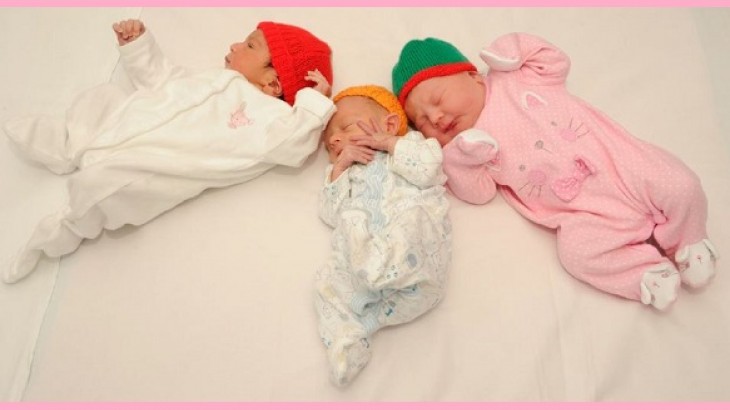Calling all knitters

The NHS is looking for a dedicated team of knitters to help provide around 7,000 tiny woolly hats to help midwives across the country keep new born babies out of special care.
Hospitals across the country have introduced a traffic light-themed system of red, amber and green woolly hats to help ensure that babies receive the correct level of care they need.
The woolly hat care bundle initiative was launched in a bid to cut unnecessary special care baby unit (SCBU) admissions as too many babies were being admitted to SCBU units as a result of becoming cold. Midwives are now trying to ensure that every new born is given a woolly hat to wear straight after birth.
The hats are colour coded to assist midwives in ensuring that babies and new mothers are best supported in the first few days of life. For example, babies will receive a red hat if they have been born prematurely, amber is for those who have endured a difficult labour, and green is for babies deemed to be at the lowest risk.
What parents sometimes forget is that their baby’s bedroom could be really warm. But a new born has no ability to maintain its own thermal regulation for the first 48 hours of its life. When a baby’s temperature drops it can cause other problems and this is one of the ways to combat that.
Babies will still receive traditional midwifery care, but the colour-coded hats will serve as an extra visual aid.
- Red indicates a baby will have regular observations by a nurse or midwife, for example if the mother is a diabetic
- Amber indicates a baby needs a little more help with feeding and keeping warm
- And a green hat means that a baby is ‘term’, warm and feeding well.
Click here to download your knitting pattern.
Please send your hats to charity and community champion Tim Hyde at Medway mail centre at the below address:
Tim Hyde
Medway mail centre
Knight Road
Strood, Kent
ME2 2EE
Click here to download our baby hat posters. Please print them off and display them in your units.
Thank you for your help. No baby should be going to special care because they are cold.



